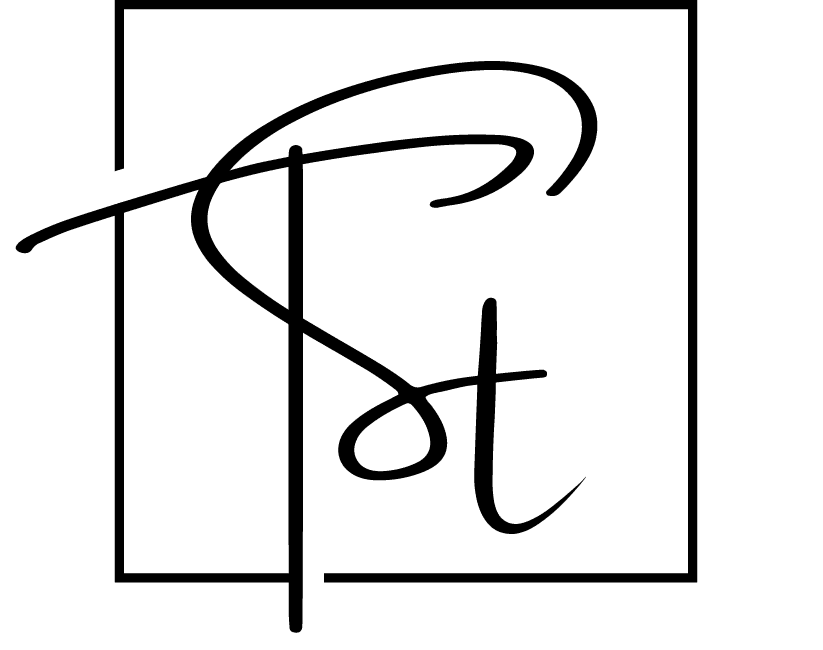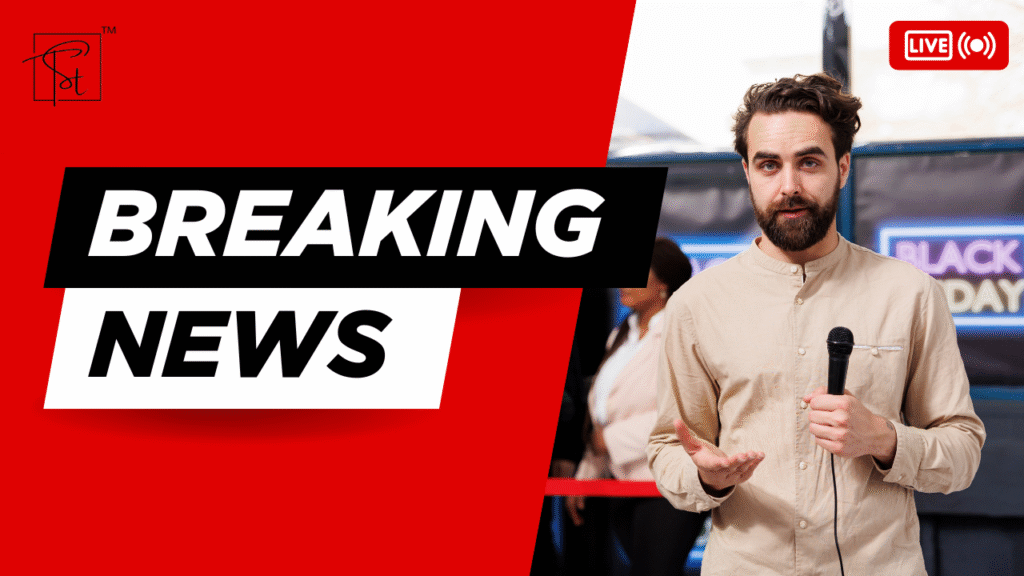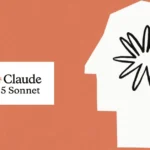French Election Shock: What the Far-Right Surge Means for France and Europe
Just when Europe thought things couldn’t get more unpredictable, France delivered a stunning plot twist in its political storyline. If you’ve been scrolling through Twitter (aka X), or skimming through the headlines on your favorite news app, you probably saw that France’s far-right just made a massive leap forward in national elections.
So, what happened? What does this mean for French President Emmanuel Macron? And how is the rest of Europe reacting?
We’re breaking down this electoral earthquake in everyday language—no political science degree needed.
📌 The Big Headline: Far-Right Party Gains in France
Over the weekend, French politics took a massive turn. The far-right party National Rally (Rassemblement National), led by Marine Le Pen and youthful star Jordan Bardella, scored major wins in the European Parliament elections. And guess what? That success back home prompted President Macron to make a wild political move—he called snap elections.
Let’s pause for a second: yes, he voluntarily dissolved the French parliament, which is not something politicians often do unless they’re extremely confident. Or desperate.
Why Did Macron Call a Snap Election?
After his Renaissance party got crushed in the EU vote—earning less than half the votes received by the far-right—Macron shocked everyone by choosing to gamble.
His thinking? Maybe, just maybe, confronting French voters now might stop the far-right’s momentum before it spirals out of control. And maybe, just maybe, he’s hoping to put them in the ring sooner so they lose steam before the next presidential race.
But that’s a high-stakes poker move.
📈 Wait, Who Exactly Is the ‘Far-Right’ in France?
Let’s break this down in simpler terms. The far-right in France is mostly represented by the National Rally. It used to be called the National Front—founded decades ago by Jean-Marie Le Pen, a controversial figure known for his fiery, anti-immigrant rhetoric.
Now the party is led by his daughter, Marine Le Pen, and in recent years they’ve been trying to soften their image. Whether it’s rebranding, focusing on economic protectionism, or dialing back some of the more extreme views, they’ve managed to appeal to more and more voters—especially the younger crowd who feel cut off from opportunity.
- They campaign on: immigration control, restoring “French identity,” and tough crime policies
- Economics: anti-globalization, pro-worker subsidies, and favoring French businesses
- EU stance: skeptical of EU policies, wanting more national control
In recent months, Jordan Bardella, just 28 years old, has been leading their charge. He’s well-spoken, sharp, and knows how to work social media like a pro. He’s gaining traction—especially among Gen Z and Millennials struggling with high living costs and unemployment.
How Big Was Their Win?
It wasn’t just a win—it was a declaration. National Rally earned nearly 32% of the vote in the European Parliament elections. Macron’s Renaissance party? Less than 15%.
That’s more than double the support, in one of the highest turnouts in years. To say this shook things up would be an understatement.
🌍 Why This Matters Beyond France
Here’s the kicker: Europe is watching this very closely. France isn’t a minor player—it’s a leading force in the European Union, a nuclear power, and a key defender of liberal democracy.
Having a far-right government in charge in Paris would send serious ripples through:
- EU policy – From climate change to asylum rules
- Immigration laws and integration efforts
- Military aid and foreign policy – especially in Ukraine
Some leaders are worried this could open the door for more right-wing populist wins across Europe—think Italy, Hungary, and now possibly Germany, where the far-right AfD just scored major votes.
Are we seeing a new political era for Europe unfold?
🇫🇷 What’s Next for France?
A snap French parliamentary election will happen in two rounds: on June 30 and July 7, 2024. That’s just around the corner.
If the National Rally gets enough seats to form a government, they’d share power with Macron—putting France under something called “cohabitation.” That basically means the President and Parliament are from different political tribes, which usually leads to messy politics and gridlock.
But if Macron’s side holds firm—or forms an alliance with left-wing parties—they might stop this far-right push. Problem is, the left has been scattered lately, and the public isn’t exactly thrilled with how things have gone under Macron.
Will France Swing Far-Right Like the UK Did with Brexit?
Great question. Remember how Brexit happened after people felt ignored by elites and wanted to “take back control”? Sound familiar?
The vibe in France is similar: economic uncertainty, fear around identity, and anger over elitism. So, could this be a “Frexit” moment? Not likely—Le Pen isn’t serious about exiting the EU anymore. But wanting more control from Brussels? Very much still part of the plan.
🧭 What Do French Voters Want Right Now?
Many are simply desperate for change. Inflation is hurting wallets, housing in cities is unaffordable, and young adults feel like they’re running in place. Add scandals, high taxes, and fewer job opportunities, and you’ve got a political cocktail that could ignite anything.
National Rally isn’t just winning votes; they’re tapping into frustration.
Here’s what everyday French people are saying on social media and in the streets:
- “I’m done with empty promises.”
- “At least they’re talking about the things that affect us.”
- “They might be extreme, but maybe that’s what we need right now.”
It’s complex, emotional, and reflective of a much bigger shift happening around the world.
💡 A Look at the Bigger Picture
This French election shock isn’t happening in a bubble. From the U.S. to Argentina, voters everywhere are swinging right—or left—in search of something new. In a world where norms are being challenged, populism is rising again, fast.
Can Macron Bounce Back?
Honestly? It’s going to be tough. He’s already served nearly two terms and faces criticism from all sides. Without parliament backing, his ruling power shrinks significantly.
Unless he pulls off a miracle coalition or the far-right overreaches and scares off voters, Macron’s legacy could be consumed by this one bold decision.
What Should We Watch For Next?
Stay tuned for:
- Opinion polls leading up to the snap election
- Possible alliances forming between centrists and left-wing groups
- Jordan Bardella’s campaign themes—expect strong nationalistic messaging
- Macron’s media push to reframe himself as the “protector” of democracy
Whatever happens, July’s results could reshape France’s future—and with it, Europe’s path forward.
🤔 Final Thoughts: What Does This Mean for the Average Global Citizen?
Even if you’re reading this from New York, Nairobi, or New Delhi—this matters.
France is more than croissants and cafés. It’s a global influencer. Its politics can affect:
- Global trade deals
- Climate policy outcomes from the EU
- Military coalitions involving NATO and Ukraine
So when a far-right party sees record gains, it signals a shift that could affect how democratic values are defended across the world.
💬 What Do You Think?
Are far-right parties the future—or a warning from the past? If you were in France, how would you vote?
Drop your thoughts in the comments or share this article with someone who loves politics, history, or debates over coffee ☕️.
🔍 TL;DR – Quick Summary
- France’s far-right National Rally scored huge wins in European elections
- President Macron dissolved parliament and called snap elections for June 30 and July 7, 2024
- This could result in the far-right leading the French government for the first time
- Other EU countries are watching closely as this could shift regional politics
- Voters in France feel stuck – struggling with costs of living and disillusionment
- This is part of a global rise in populism and anti-establishment sentiment
Bookmark this page—we’ll update it as the story unfolds. 🇫🇷
Want More Explained Simply?
Subscribe to our newsletter coming this Friday: “Politics Without the Jargon.” We break down the week’s top political news in 5 minutes—without the spin.
Until next time—stay curious, stay informed 👇



